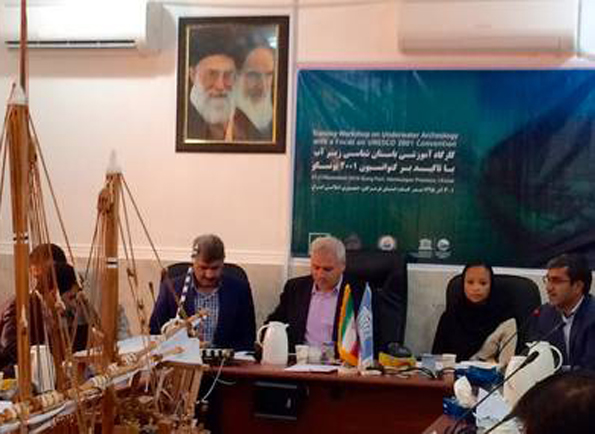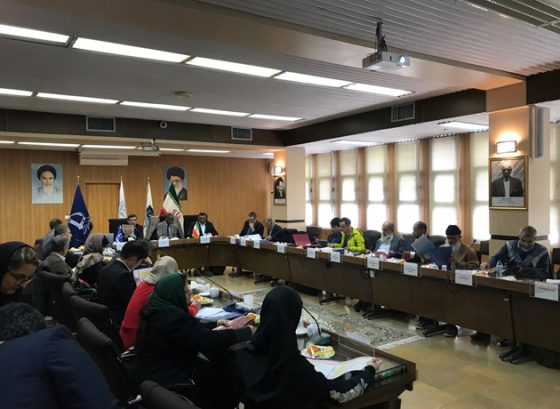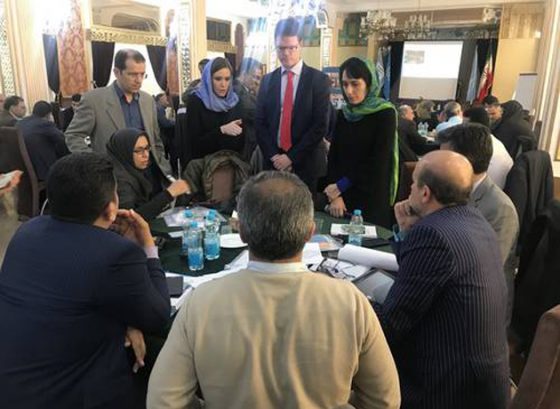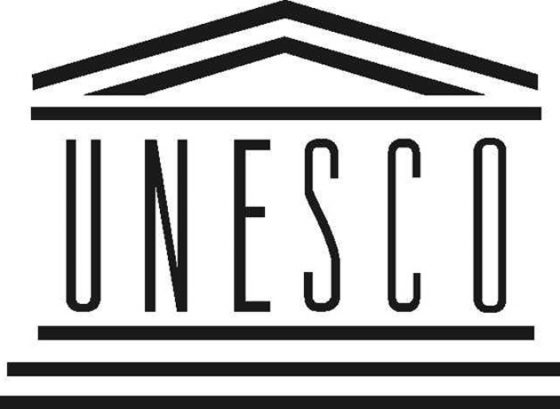UNESCO organizes three-day workshop on Underwater Archeology in Kong Port, Hormozgan Province

On 21 November 2016, UNESCO in cooperation with the Iranian Cultural Heritage, Handicrafts and Tourism Organization (ICHHTO) kicked-off a three-day training workshop on underwater archeology with a focus on the 2001 UNESCO Convention on the Protection of Underwater Cultural Heritage, AVA Diplomatic reports.
The workshop focuses on the 2001 Convention and seeks to clarify what Underwater Cultural Heritage (UCH) actually is, what maritime archeologists do and how to preserve UCH.
The mayor of Kong opened the workshop by talking about the historical importance of his port city as a crossroads of merchants and tradespeople from different continents. He welcomed the workshop and expressed the hope that it would create greater awareness of the rich cultural heritage of the city – both on land and under water.
Ms. Esther Kuisch Laroche, Director and Representative of the UNESCO Tehran Cluster Office mentioned in her speech that Iran had ratified the 2001 Convention in the year 2009. “This Convention is very important, but unfortunately there is still limited awareness amongst many Member States in this region about the Convention and its means of implementation”, she said.
The UNESCO Representative also introduced the 2001 Convention and said that there are probably thousands of shipwrecks in the Persian Gulf, due to the many trade routes that passed through there. “This underwater heritage has a huge potential and importance, not only for scientific research and education, but also for urban development, economic sustainable development and tourism”, said Ms. Kuisch Laroche.
The workshop is facilitated by three renowned experts: Ms. Athena Trakadas, Mr. John Cooper and Mr. Matthew Harpster, who will train the participants on in situ preservation, survey and monitoring techniques, excavation, and will go through the different stages of field project design and risk assessment.




